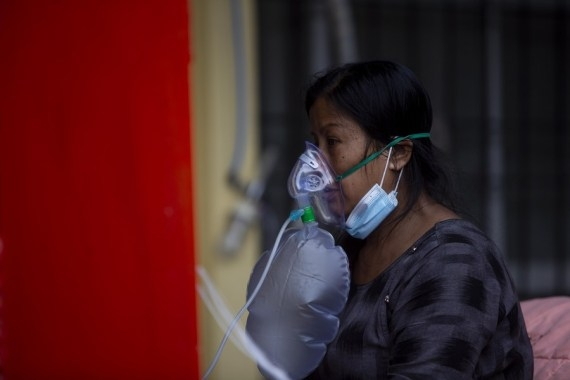As many as 45 per cent of patients hospitalised for Covid-19 experienced a significant functional decline after being discharged, a team of researchers has found.
Of survivors who experienced a functional decline, 80 per cent were referred for additional therapy after being discharged. Nearly 20 per cent of all patients lost so much ability that they were not able to live independently after their release, indicates the study.
"Rehabilitation needs were common for these patients," said lead author Alecia K. Daunter from the University of Michigan.
"They survived, but these people left the hospital in worse physical condition than they started. If they needed outpatient therapy or are now walking with a cane, something happened that impacted their discharge plan," Daunter added.
For the study, published in PM&R: The Journal of Injury, Function and Rehabilitation, the team reviewed charts of nearly 300 adult patients hospitalised for Covid-19 at Michigan Medicine during the first wave between March and April 2020.
They analysed patients' discharge locations, therapy needs at the time of release, and if they needed durable medical equipment or other services.
"These patients may have needed to move to a subacute facility, or they might have needed to move in with a family member, but they were not able to go home," Daunter said.
The study period occurred in the pandemic's infancy, as health care providers sought best practices to minimise exposures and manage patient overflow.
As a result, 40 per cent of patients never had a rehabilitation evaluation while hospitalised. That likely means, Daunter explains, that the number of patients losing ability is underreported.




















